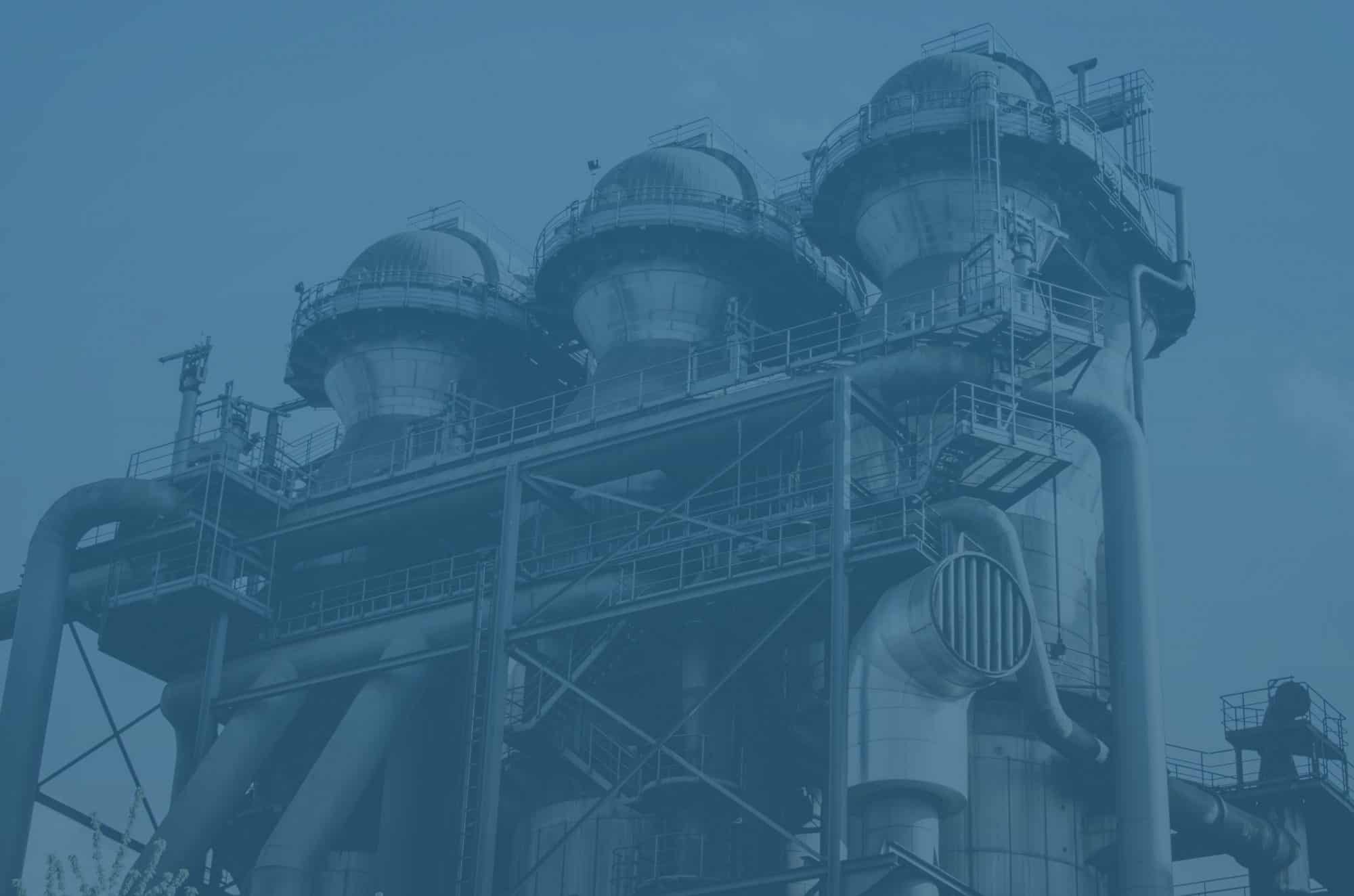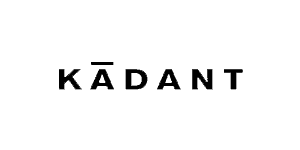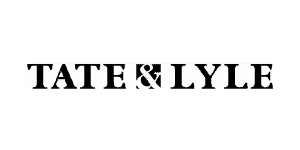Industrial silencers like our natural gas silencers definitely aren’t everyday items. However, they are vital ones for many sites. With them on your premises, you can keep the noise level to a minimum. This goes a long way to safeguarding the mental and physical health of people on and near the site. With our help, you will be able to acquire solutions that meet all the right requirements.
Noise control is becoming more of an issue every year with natural gas operations. Operators and owners of pipeline stations and production facilities are struggling. They need to address occupational and environmental sound levels. Usually, this will require a noise impact assessment so they can see how serious the risks are.
The danger of hearing damage to employees can result in modifications or re-work. Or, there might be an introduction of noise controls. It is easier on new plants, but retrofitting is also possible with our help.
Harmful noises
There is a big danger of noise in gas compression applications being discrete frequency or tonal noise. It is created by rotating equipment. This relates to the shaft’s rotational speed. The amount of gear teeth, engine pistons, fan blades, and compressor vanes is also relevant too.
We characterise tonal noise by spectral, pure tones, which occur at one frequency. Moreover, you can generate substantial noise by pressure drop or high flow via a valve. It can also be transmitted over long distances in pipes.
The risks
Noise risks in these workplaces include fatigue and hearing loss. The sound can also result in communications impairment and a big dip in productivity.
As an example, one establishment did a noise survey at a facility with four natural gas compressor stations. Tonal, high-frequency sounds originating from several stations were exceeding allowable limits. This was in control room and accommodation units.
There were tonal components in specific high frequency bands at every station. They identified them as being major contributors to overall noise levels. It was the same for a tonal component in the low frequency band at a single compressor station.
They examined detailed sound intensity measurements on the engine and compressor unit. The aim was to pinpoint the breakout and then offer an effective solution.
In this instance, they added lagging in targeted positions. This was on the compressor units and air inlet. Plus, they also chose to install bigger silencers on the engine.
The example here proves that noise solutions are able to eradicate taxing noise levels for operators. You just need the right products.
Contact us if you need natural gas silencers
At Ventx, we work to help clients control their noise problems. With our acoustic modelling software, we can design the right silencer for you. It will work correctly without giving you any problems. There will be no impact on system performance and you also won’t need to do lots of extra maintenance.
So, if you require natural gas silencers, please let us know. We can provide them for all kinds of operators in the industry, whether it is processing plants or transportation pipelines.









